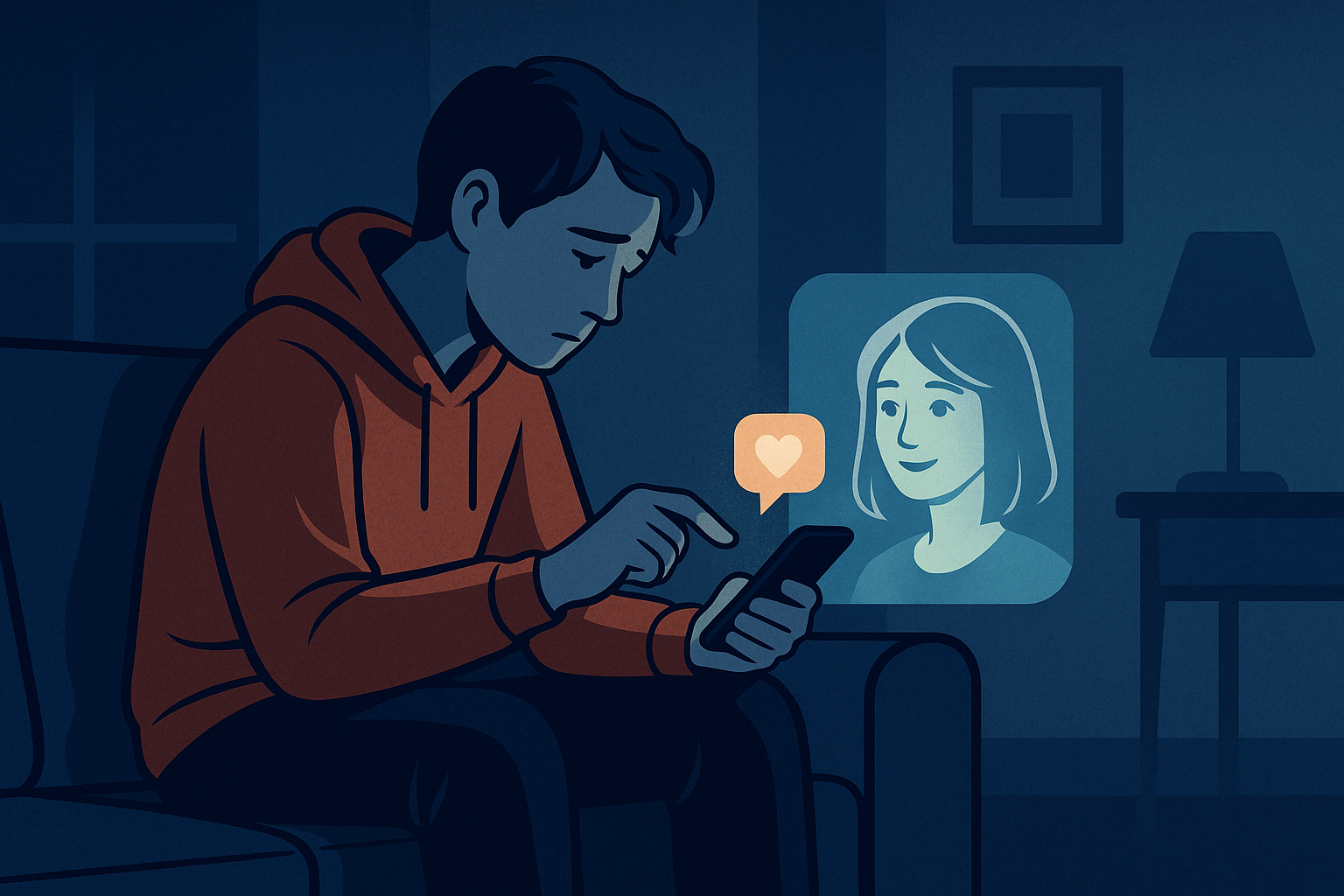The rise of AI characters as virtual companions is not just a technological phenomenon but deeply rooted in contemporary social dynamics. The global shift towards digital isolation—accelerated by the COVID-19 pandemic, remote work, and social distancing—has intensified the need for new forms of social interaction and emotional support. This article examines why AI characters have surged in popularity in this unique social context and what drives this ongoing trend.
The Social Impact of Digital Isolation
Digital isolation refers to the reduction of physical social contact and increased reliance on digital platforms for communication. While technology offers ways to stay connected, many individuals experience loneliness and emotional disconnection despite being “online.”
- Increased Loneliness: Social isolation correlates with feelings of loneliness and mental health challenges.
- Reduced Human Contact: Work-from-home and remote schooling limit face-to-face interactions.
- Social Anxiety and Barriers: Some users find real-world socializing stressful or inaccessible, making virtual interactions more appealing.
These factors create fertile ground for AI characters, which can offer consistent, judgment-free interaction and companionship.
AI Characters as a Solution to Social Gaps
AI characters fill critical social voids by providing personalized, empathetic interaction accessible anytime and anywhere.
- Non-judgmental Companionship: AI friends do not criticize or judge, making them safe spaces for sharing thoughts.
- Availability and Convenience: Unlike human relationships, AI companions are available 24/7.
- Emotional Support: Advances in emotional AI enable characters to detect and respond to user feelings, helping reduce stress and anxiety.
This accessibility and emotional resonance make AI characters appealing alternatives or supplements to traditional social contact.
Psychological and Behavioral Drivers
Several psychological factors contribute to the acceptance and popularity of AI companions:
- Human Need for Connection: Even digital or artificial relationships fulfill the fundamental human drive for connection.
- Customization and Control: Users can tailor AI personalities and interactions to their preferences.
- Reduced Social Risks: Virtual friends eliminate fears of rejection or conflict common in human relationships.
The combination of these drivers makes AI characters particularly attractive in a world where social interaction is often fragmented.
Technological and Cultural Trends Amplifying the Phenomenon
Several broader trends support the rise of AI characters in this context:
- Ubiquity of Smartphones and Internet: Constant connectivity enables seamless AI interactions.
- Growing Acceptance of Virtual Identities: Gaming, social media, and virtual reality normalize digital personas.
- Mental Health Awareness: Increased recognition of mental health needs boosts demand for accessible support tools like AI companions.
These trends create a social and technological ecosystem where AI characters can thrive as meaningful interlocutors.
Risks and Ethical Considerations
While AI characters provide benefits, reliance on them also raises concerns:
- Potential for Social Withdrawal: Excessive dependence on AI may reduce motivation for human relationships.
- Privacy and Data Security: Sensitive user data collected by AI platforms must be safeguarded.
- Authenticity of Interaction: Users may struggle to differentiate genuine empathy from programmed responses.
Balancing these risks requires ethical design and informed user awareness.
What’s at Stake
The popularity of AI characters in an era of digital isolation highlights a transformation in how society navigates connection and loneliness. These AI companions may become critical tools for emotional well-being, especially where human contact is limited.
However, this shift also challenges traditional notions of friendship, trust, and intimacy, necessitating ongoing dialogue among technologists, psychologists, and policymakers.
The surge of AI characters as virtual friends reflects a profound social response to digital isolation. Their rise underscores evolving human needs for connection in a rapidly changing world, blending technology with empathy to forge new forms of companionship.



